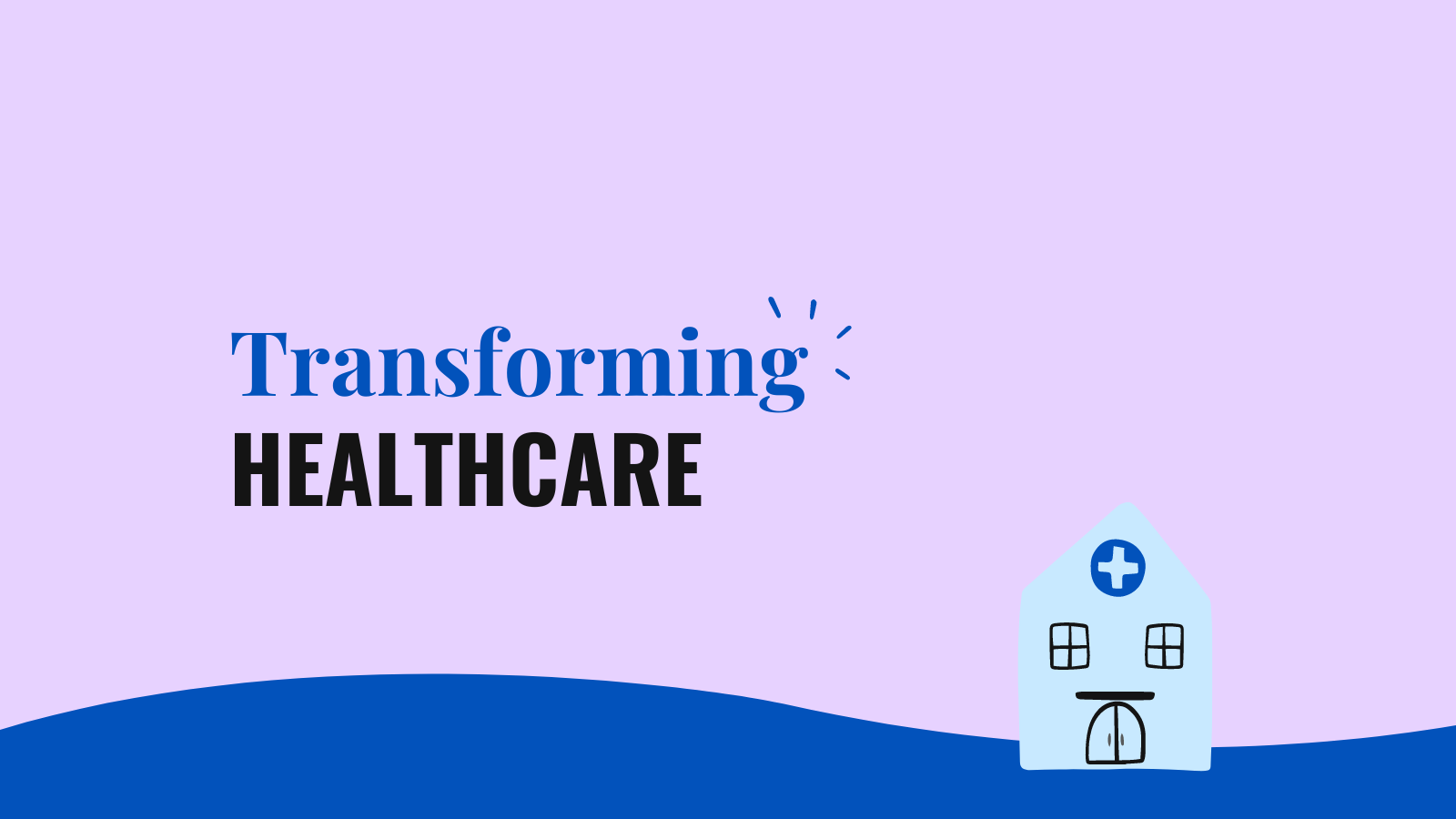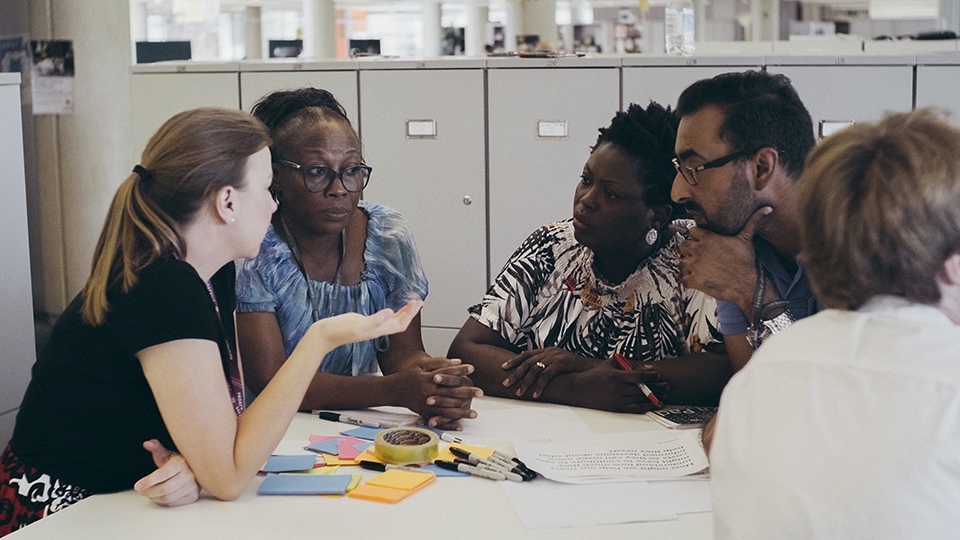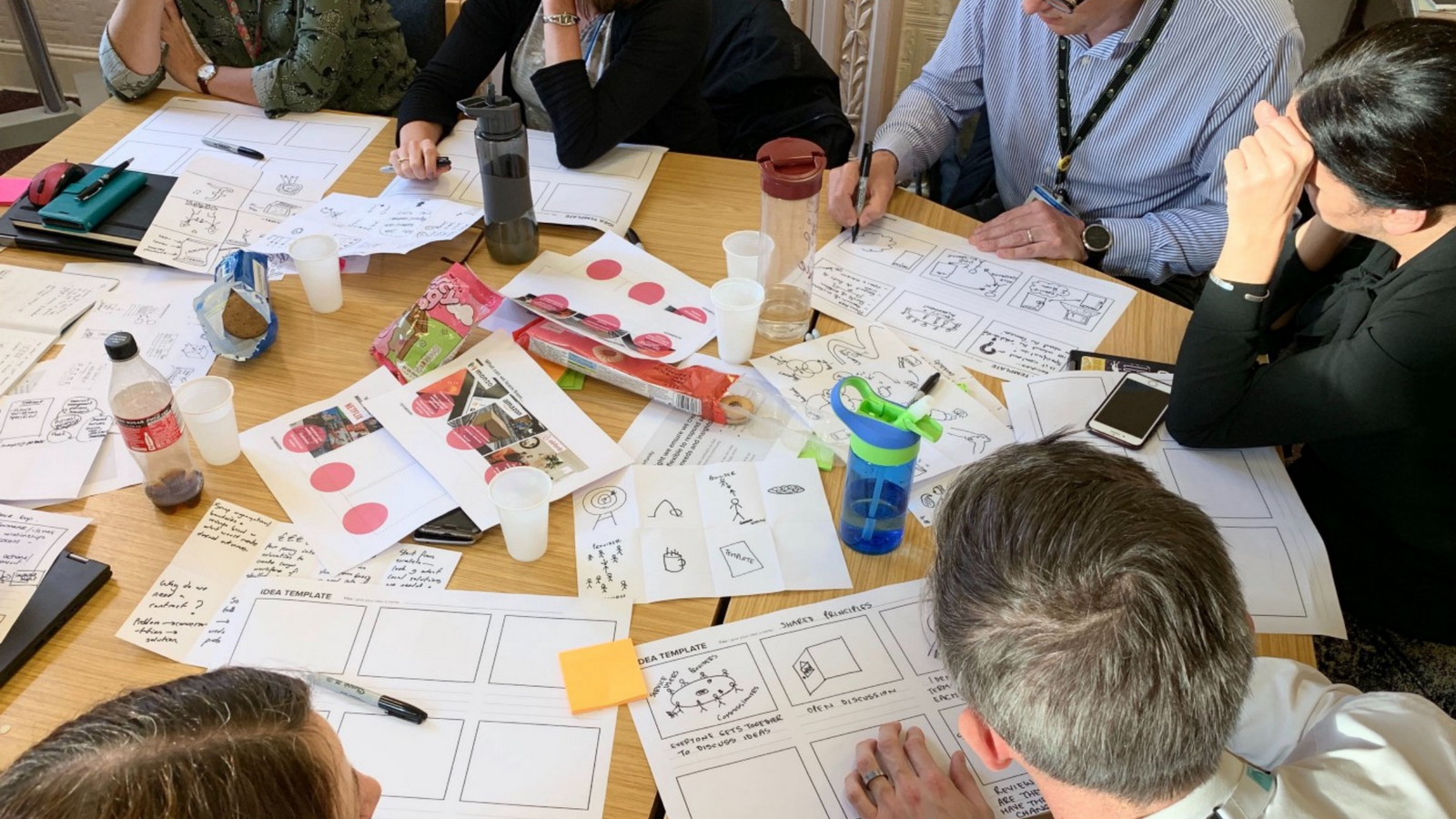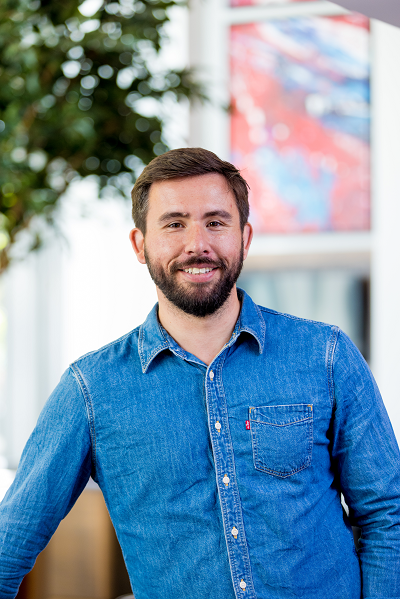The challenges ahead
The move to integrated care systems (ICSs) is a significant shift in strategy and delivery, bringing with it greater complexity for stakeholder engagement, partnerships and relationships with residents. For the leaders stepping into new positions across these systems, the challenge lies in establishing how to effectively mobilise assets and people across places.
These new ICS leaders face a two pronged challenge. Firstly, at a senior level, there’s a lack of people with experience in delivering high quality commissioning who also have the technical expertise needed to make good choices. Secondly, on the front line, the social care workforce is under significant pressure and at risk of burnout after the end of the furlough scheme, which has resulted in thousands of unfilled vacancies.
The movement of staff from existing organisations into the new ICSs is a significant organisational design and change piece of work. As the Clinical Commissioning Group staff transition, there’s a risk that staff will leave, making delivery of work much harder. This sits at the heart of a consistent narrative from the NHS and emerging ICSs teams locally about big issues like organisational structure, governance and funding. While this is important, it also highlights that we have lost sight of what it means for the people involved.
The role of patients and communities
The recent NHS England publication Building strong integrated care systems everywhere sets out one of the core five principles as being about a culture of shared learning, collaboration and innovation working alongside patients and local communities. It says, “This should include the independent sector and professional membership organisations (including community groups, VCSE organisations, local charities and support groups) as well as user groups and citizens and those who have lived experience (e.g. learning disability, autism, mental health).”
However, SCIE research shows us that systems leaders focus on critical issues such as identifying and scaling innovation, understanding and leading cultural change and fostering a learning culture. But there’s no mention of a new relationship with residents.
The point of the reforms is to deliver more person-centred care. If we do not put people at the heart of the reforms, we risk it being technocratic and focused on the organisation rather than individual and community needs. We can’t yet see the means of being held accountable for this, but it needs to be front and centre.
In an ideal world, ICSs would start with user research and engagement to define what care is best for who, when and at what level. This could include research beyond the existing formal structures into communities, the voluntary sector and wider staff teams to understand the strengths and weaknesses of the current system.
Funding complexities
The skills needed for systems leadership are different to those needed for single organisational leadership. Be that dealing with the complexity of different funding models, relationships or the number of people involved. It’s going to be a challenge to make sure everyone is pointed in the same direction.
Underpinning this, there’ll be huge amounts of money coming into the ICSs. This has the potential to be both a blessing and a curse. It’s great that the arrangements go beyond a simple restructure of local arrangements, but also bring with them new money, power and responsibility. Without the necessary creativity, engagement and commitment, this money could end up delivering very little in terms of tangible improvement.
How can this new money be used differently to deliver on patient-centred ambitions? It’s clear there’s an important role for the VCSE sector, they’re much closer to the people accessing services, and the ICSs need to listen to and learn from them. Adopting a more open approach based on mutual respect and understanding than one where money and influence are used to establish an unhelpful power dynamic locally.
Giving a clear voice to communities
As it stands, there’s no formal mechanism to give communities and patients a role in the strategy, policy or delivery of services that affect them. A lot of the responsibility for engagement has previously fallen on residents. To deliver meaningful change and truly patient centred care, there’s a need for the ICSs to go to patients.
There are some interesting examples of engagement frameworks that start with the experience of residents, rather than what matters to the Council or CCG but they’re few and far between. There’s a clear opportunity to co-create this with ICSs and set a standard for embedding this in formal decision making.
First, we’ll need to evaluate and understand the model of embedding patient/resident voices that works best for them. This can be followed by identifying the voices the ICSs would benefit from hearing from — patients familiar with the healthcare system, those who support patients, specific demographic groups — and spend time setting up the group to get them on the same page about what they’re advising on.
Guidance from the NHS confederation states “Innovative approaches, such as citizens panels, should be used to ensure services are designed in partnership with patients, carers, staff and other partners.” However, there’s a lack of people with the necessary skills and experience to deliver this effectively. ICSs will need to work with partners or hire different people to deliver on this ambition.
If an ICS can agree on the remit of the group to understand core questions about the extent to which they inform the way the ICSs function, or whether they’re a check and balance on what’s already in place, an exciting new dynamic can emerge. As part of this, we could also help ICSs to answer questions around whether they want big picture ideas and recommendations or granular feedback on policies.
My hope is that all of this can facilitate a bottom up approach which gets communities to set out the outcomes they want to achieve and then have the ICS board report on progress. This requires a new bold vision and leaders with the ambition to take up the opportunity to create a system that truly puts people at the centre.

Transforming healthcare
Discover how we accelerate digital transformation in the NHS, delivering innovative, user-centred solutions that improve patient outcomes and streamline services.
Work with us
ICS integration: a missed opportunity for radical change
This post is the second in a series about the future state of health and care, based on our experiences delivering transformation with partner organisations and interviews with senior colleagues.
Read moreOur recent insights
Transformation is for everyone. We love sharing our thoughts, approaches, learning and research all gained from the work we do.

The NHS 10 Year Plan promises digital transformation & better care, but workforce, funding & data barriers risk delaying its ambitious vision.
Read more
How agile practices and user-first approaches are key to creating joined-up NHS digital services.
Read more
ICS integration: a missed opportunity for radical change
This post is the second in a series about the future state of health and care, based on our experiences delivering transformation with partner organisations and interviews with senior colleagues.
Read more

